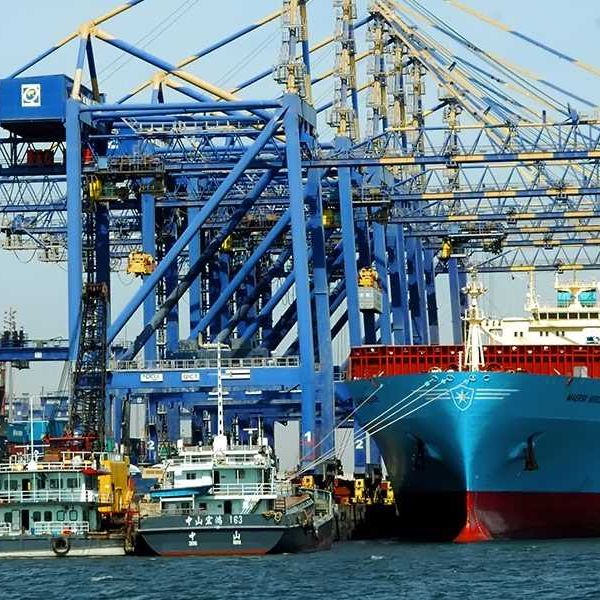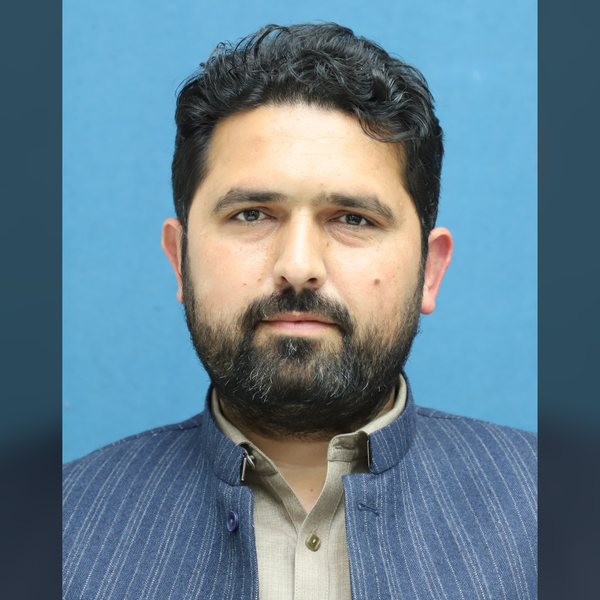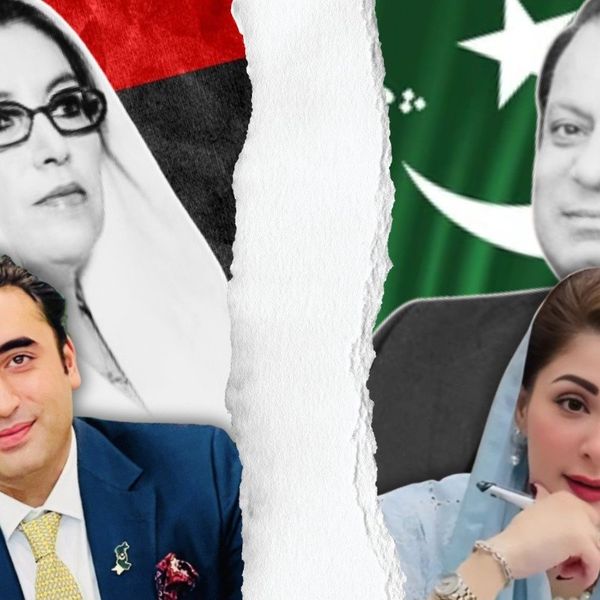Pakistan amends law to make public assets of top govt officers
The move is aimed at meeting a key demand of IMF to continue loan program
Business Desk
The Business Desk tracks economic trends, market movements, and business developments, offering analysis of both local and global financial news.

All government employees from grades 17 to 22 will have to declare their assets publicly.
Pakistan will make public the details of assets owned by top government officers to meet a condition placed by the International Monetary Fund (IMF) as part of its loan program for the country.
The Federal Board of Revenue (FBR), the country’s tax collection body, has released a draft amendment to rules governing asset declarations, signaling compliance with the IMF’s demand for increased transparency.
Under the proposed rules, all civil servants in grades 17 through 22 — which includes senior federal and provincial officials, as well as officers in autonomous bodies and public corporations — will be required to publicly declare their assets.
The draft was prepared under Section 237 of the Income Tax Ordinance, 2001, and has been sent out for public consultation. Stakeholders have been given seven days to submit their feedback.
The new rules redefine the term “public servant” to include officers from grade 17 and above. However, individuals exempt under the National Accountability Ordinance of 1999 will not fall under this new definition, the FBR clarified.
According to FBR officials, the move is aimed at promoting transparency and administrative clarity. The changes also seek to improve the mechanism for sharing and monitoring asset declarations.
The revised regulations replace the term “civil servant” with “public servant,” broadening the scope of accountability. Once finalized, the amended rules will apply to all relevant public officers, including those at the federal and provincial levels.
This development marks a crucial step forward in Pakistan’s talks with the IMF as the government seeks to unlock further funding under its ongoing loan program of $7 billion.
The IMF has long stressed governance reforms and fiscal transparency as preconditions for the disbursement of loans.
An analyst said the move underscored the pressing need for Pakistan to maintain a working relationship with the IMF.
The country is in the midst of critical negotiations for a new loan program to stabilize its fragile economy. Over the past few years, the IMF has increasingly tied financial assistance to structural reforms — particularly around governance, transparency, and anti-corruption.
By agreeing to disclose the assets of top government officials, officials, Pakistan is directly addressing one of the IMF’s longstanding demands aimed at ensuring accountability within the public sector and curbing illicit financial flows.
For the IMF, such measures are essential for ensuring that public funds are used responsibly, especially in a country where elite capture of resources has been a recurring problem.
While IMF pressure is a key factor, this move also aligns with domestic expectations. Over the years, civil society groups, media, and opposition parties have increasingly called for greater transparency in government. Scandals involving bureaucratic corruption and undeclared assets have eroded public trust in institutions.
Making senior officials’ assets public could signal that the government is serious about internal reforms—especially at a time when inflation, unemployment, and a high cost of living have intensified scrutiny of public spending and governance.










Comments
See what people are discussing